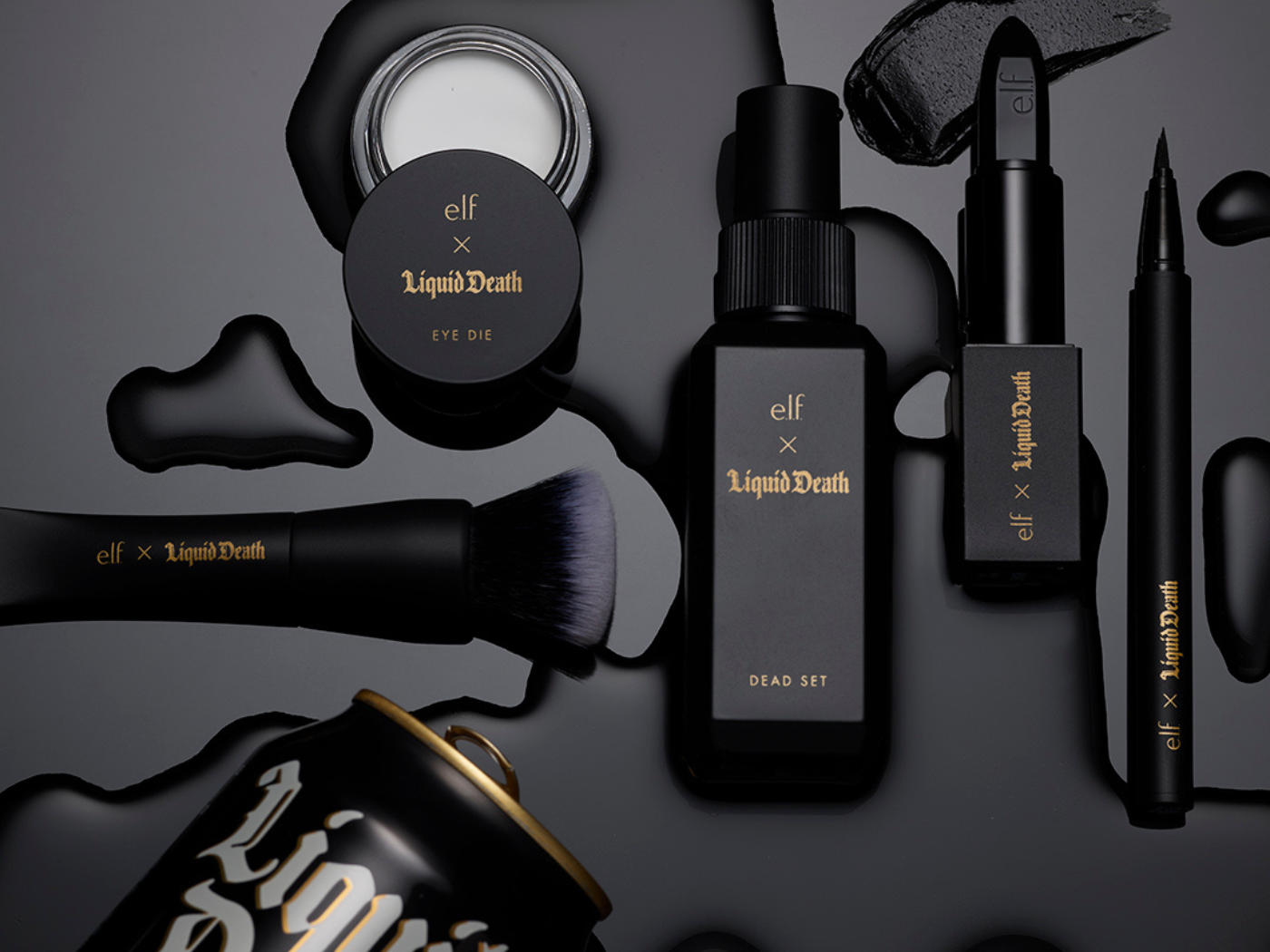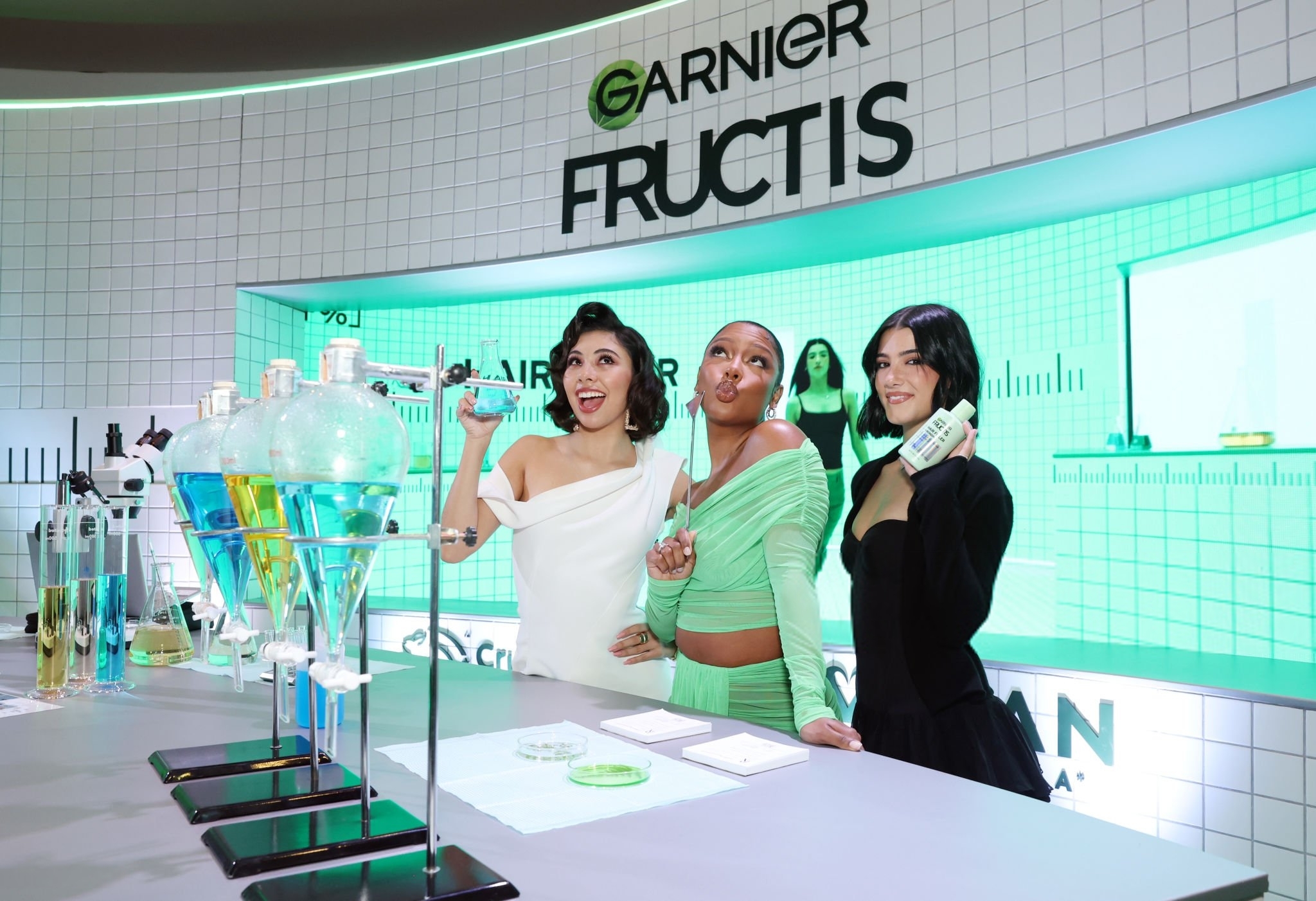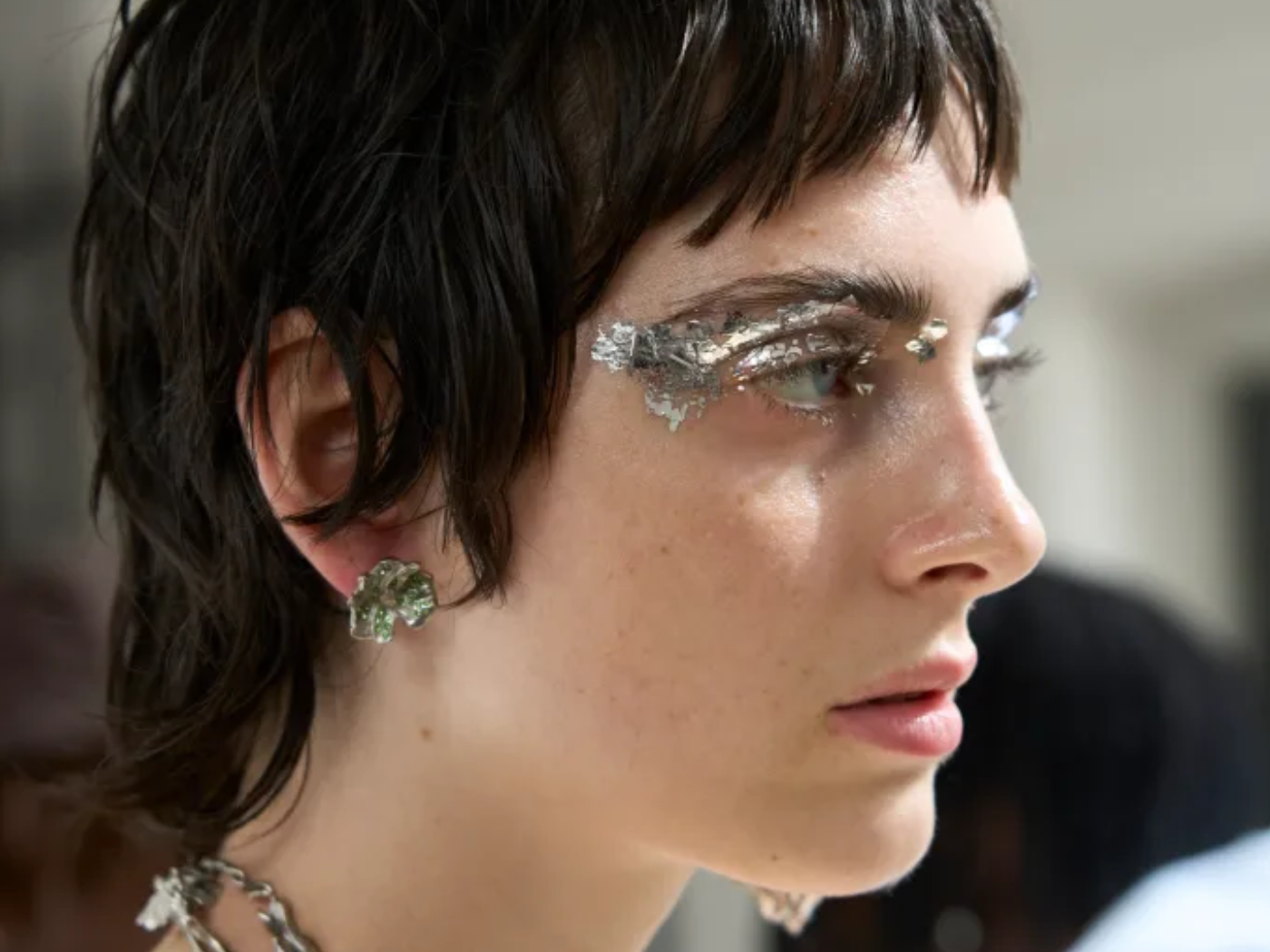Are you ready to let a robot judge your looks?
That was the provocative question asked by artificial intelligence expert Anastasia Georgievskaya, speaking at in-cosmetics Global in London April 5.
Anastasia is the co-founder and research scientist at Youth Laboratories, a company developing tools to study aging and discover effective anti-aging interventions using advances in machine vision and artificial intelligence. She also helped organize the first beauty contest judged by a jury of robots, Beauty.AI. A staggering 12,000 selfie-snapping volunteers from around the world submitted their photograph to be judged by computers with an AI-generated ‘ideal beauty’, itself created by averaging the faces of 905 models and actors. (To see the winners, visit www.beauty.ai.)
Anastasia’s team has also developed RYNKL, an app for tracking age-related facial changes and testing the effectiveness of treatments and lifestyle changes. A curious crowd packed the ExCeL London exhibit hall keen to learn how this emerging technology could help the consumer and the industry.
First, Anastasia pointed out that computer algorithms are now so sophisticated they can defeat humans in playing chess, create art and music and even drive our cars for us. More pertinently, they can analyze an image in milliseconds.
There have been major advances in Deep Learning, which is the ability of computers to ‘think’ and learn for themselves. Youth Industries ‘trained’ computers to judge age and attractiveness by programming them via a database of millions of faces, many from social media. It then created algorithms to track elements such as wrinkle depth, skin imperfections, pigmentation and symmetry. Advanced wrinkle recognition technology can even adapt to different poses and lighting conditions. By installing RYNKL on a smartphone and taking a selfie, you can test your wrinkle score, check how you compare to others your age, get skin care recommendations from partner brands and track the effectiveness of those treatments and lifestyle changes. This, said Anastasia, can build brand engagement and tap into the consumer-led global trend for personalization.
More importantly, perhaps, Anastasia said looking old is not just a beauty concern, and she foresees the use of facial recognition software in healthcare. We all know some people look younger than others, and this, she said, is related to how fast we age biologically. “The face is the best biomarker of your age. Looking older is associated with poor health and mortality. If you are scored by the app as older, you might consider changing your lifestyle as well as buying products,” she said. This presents an opportunity for beauty and wellness companies to create an infrastructure around customer lifestyle, such as diet, as this is what today’s consumers want.



